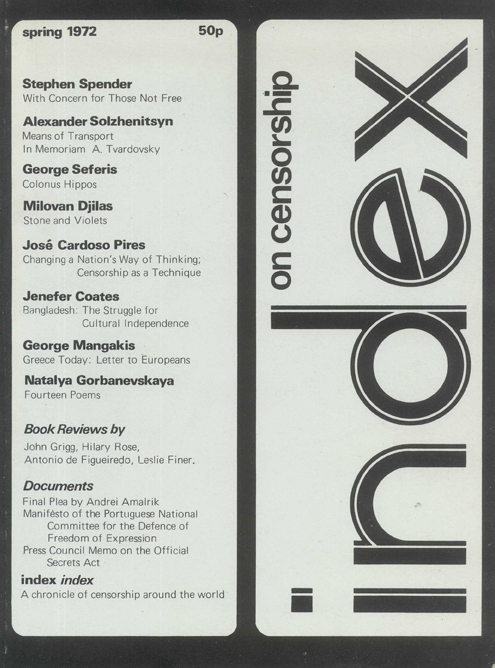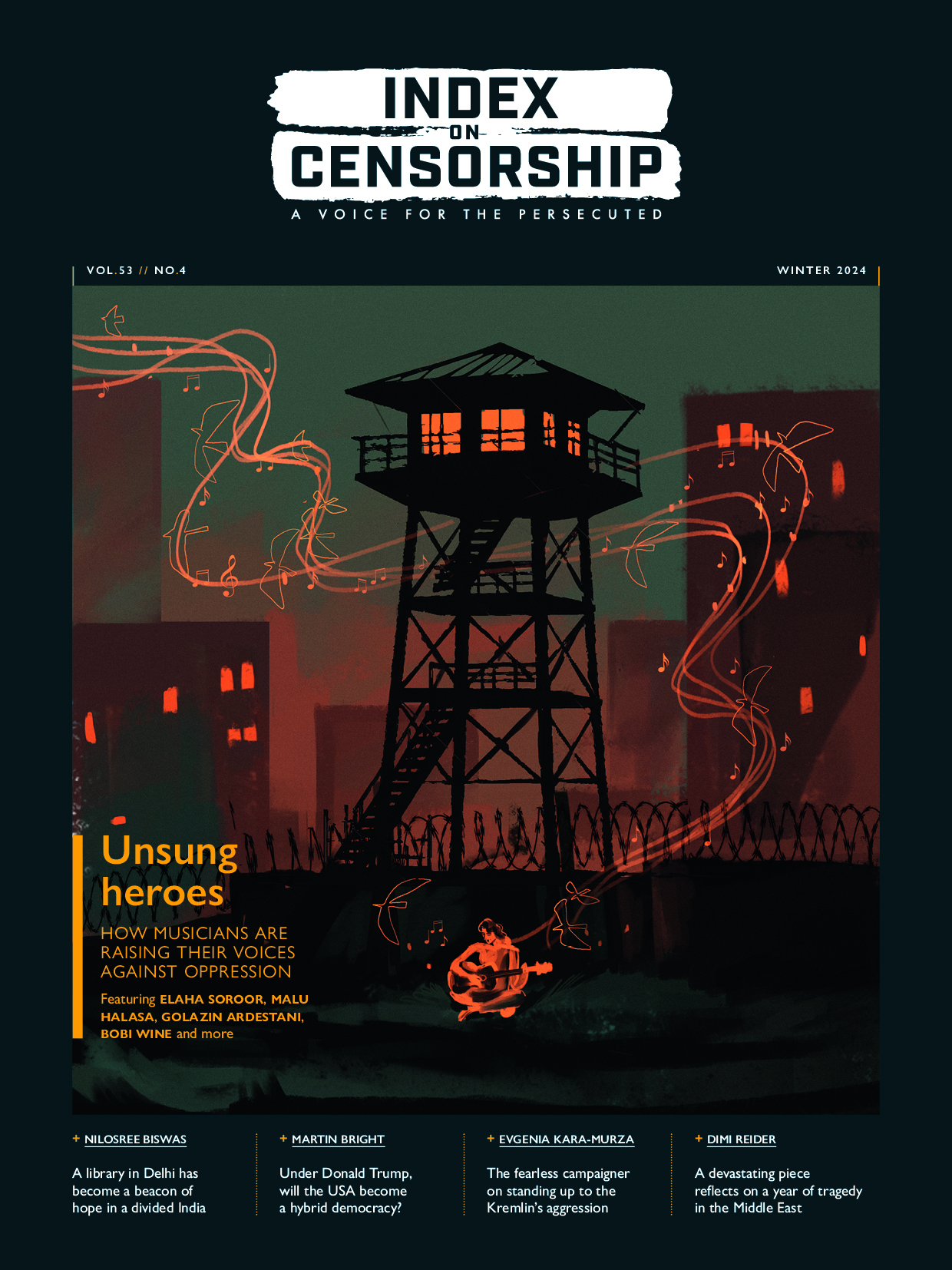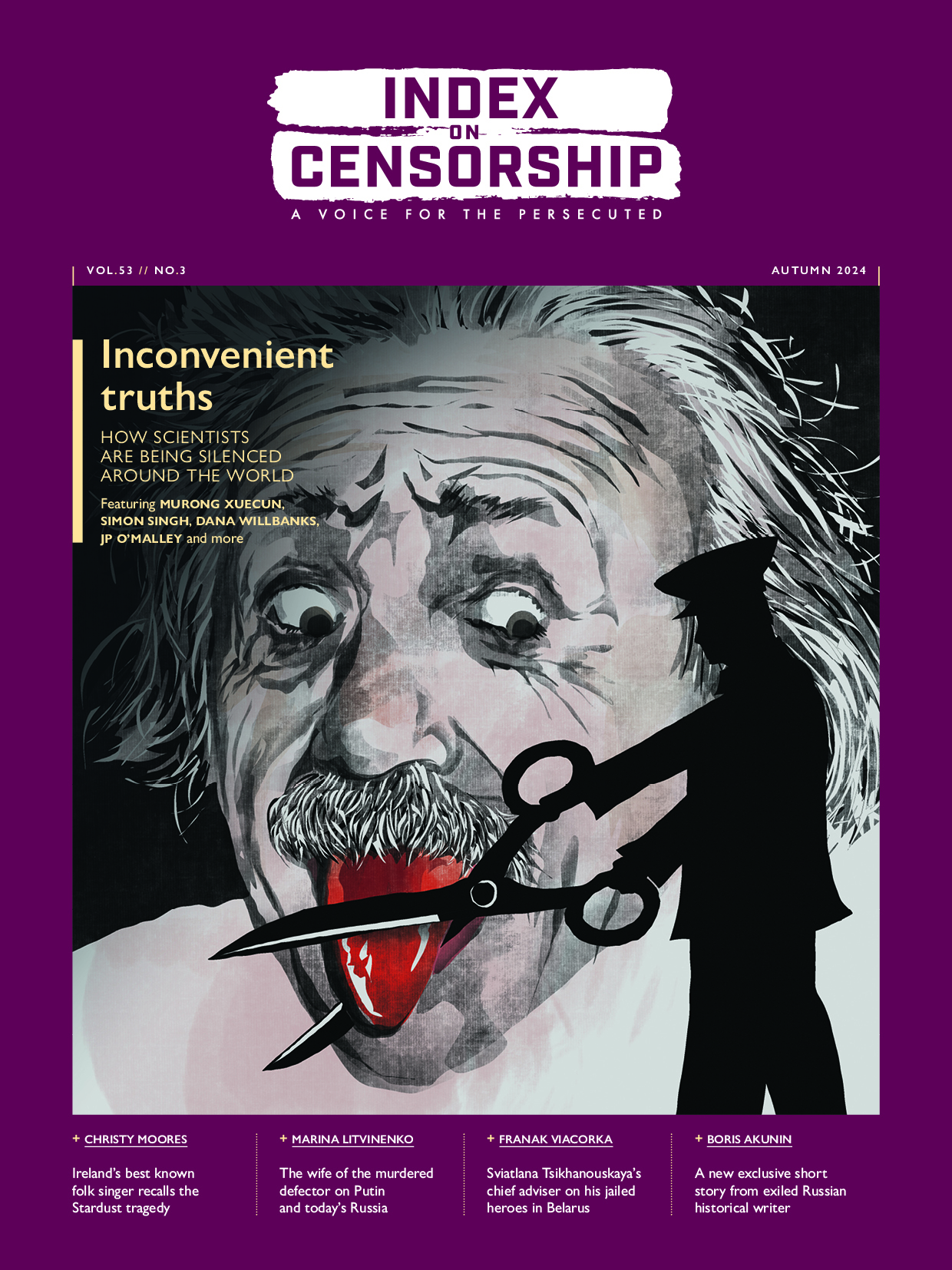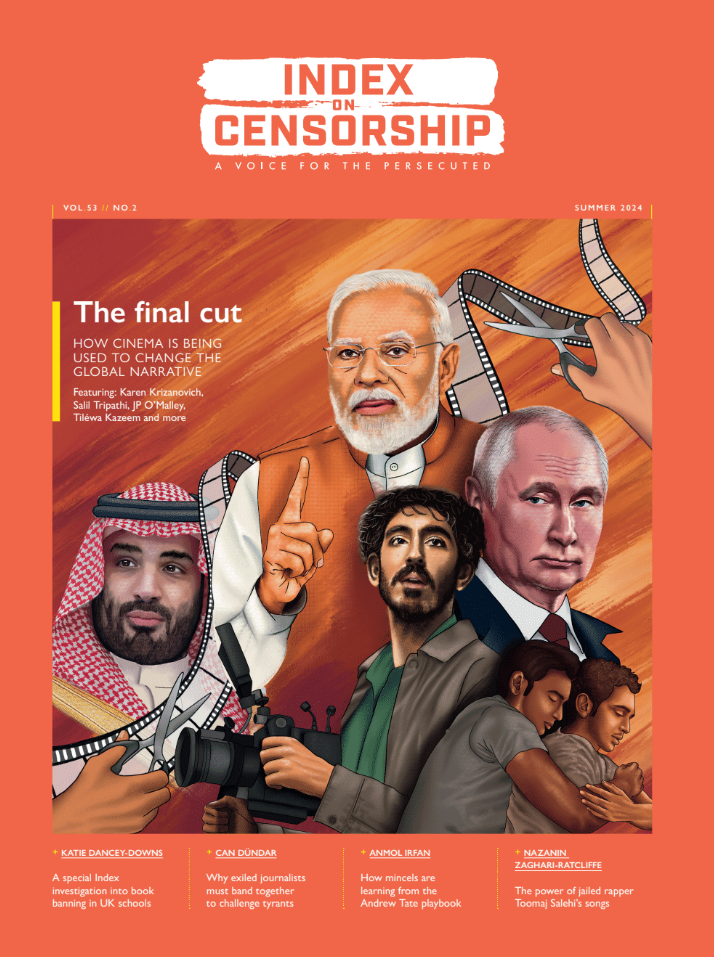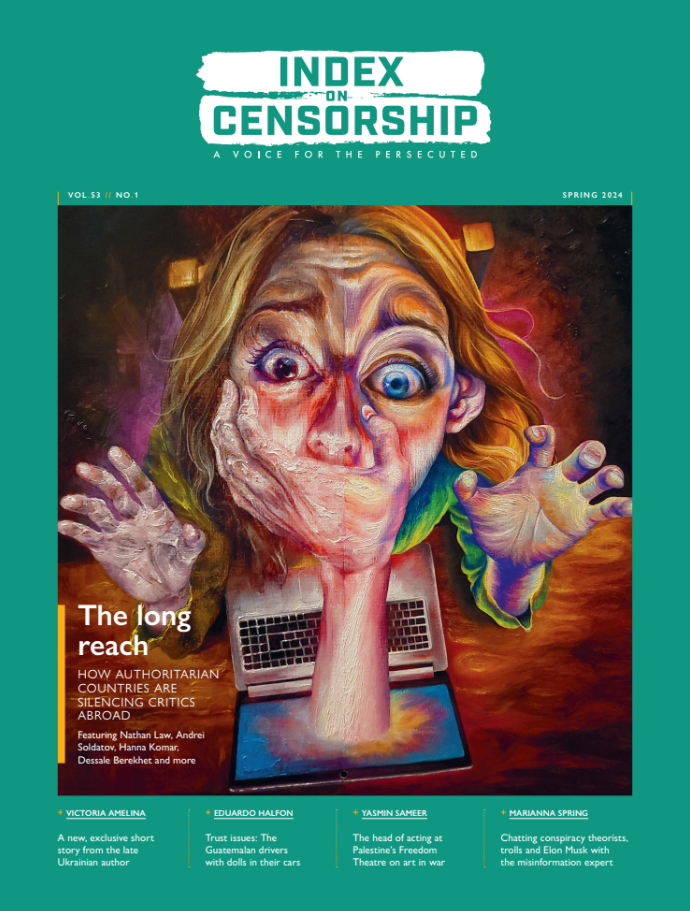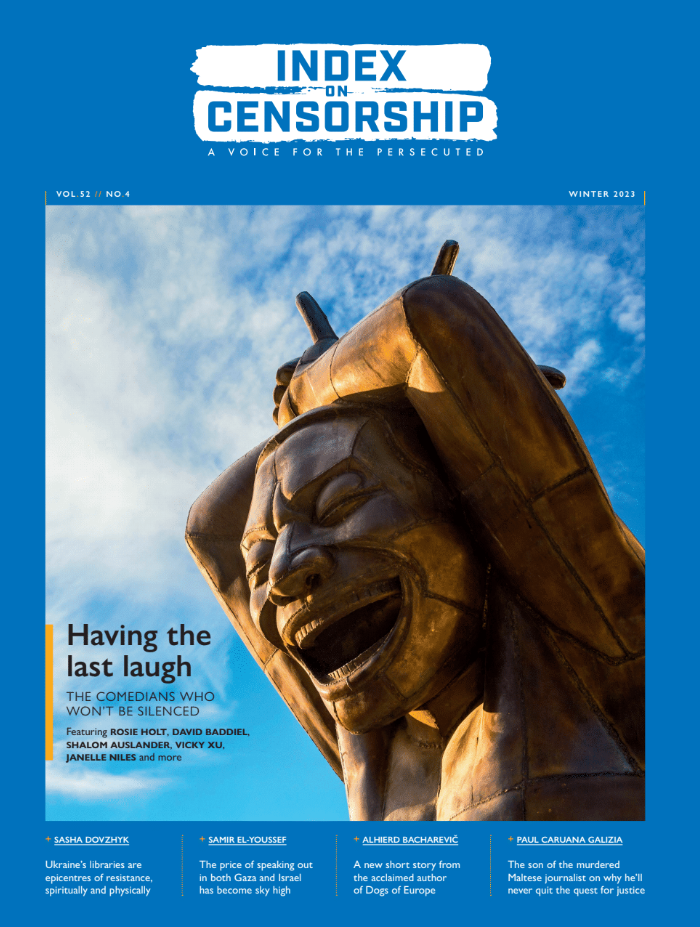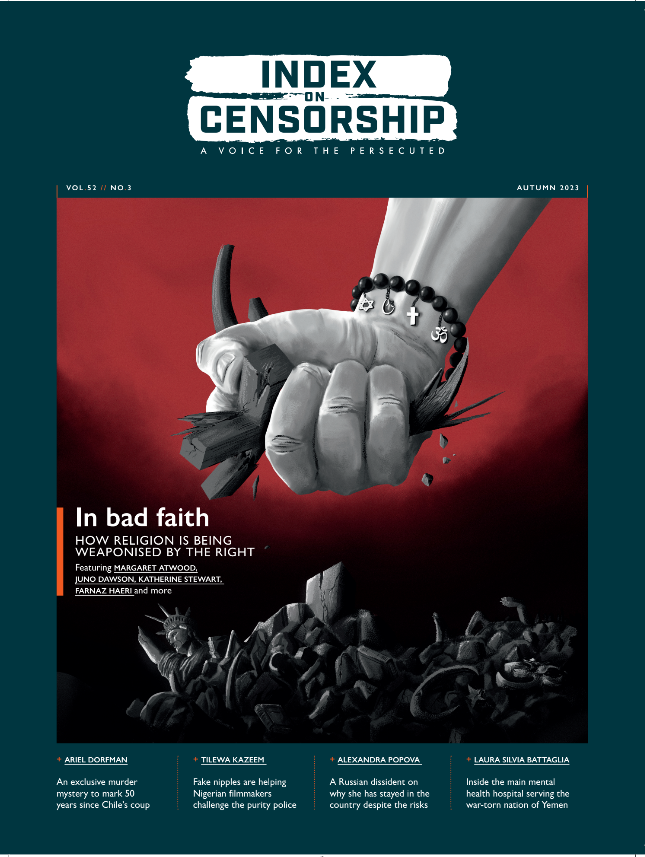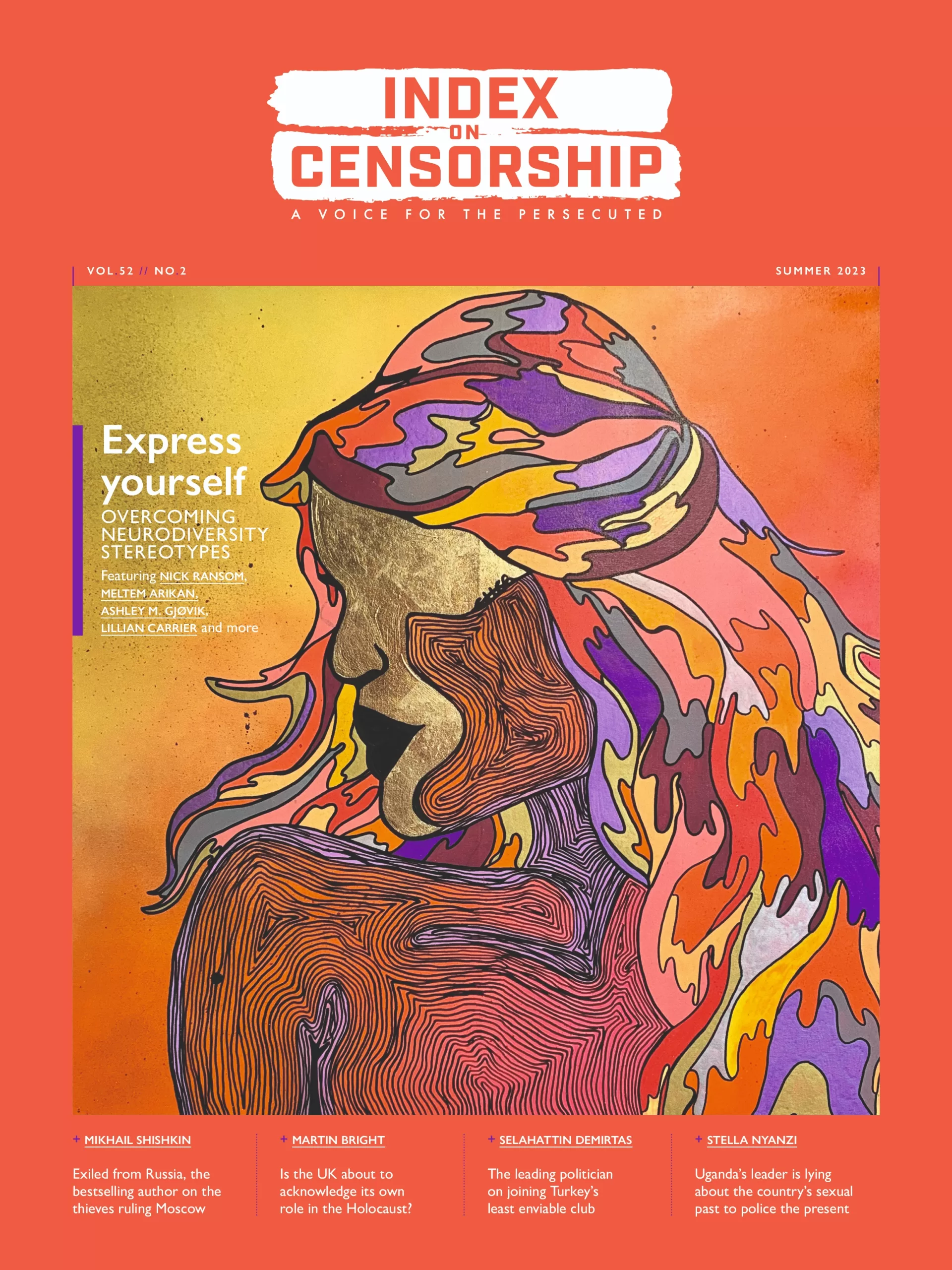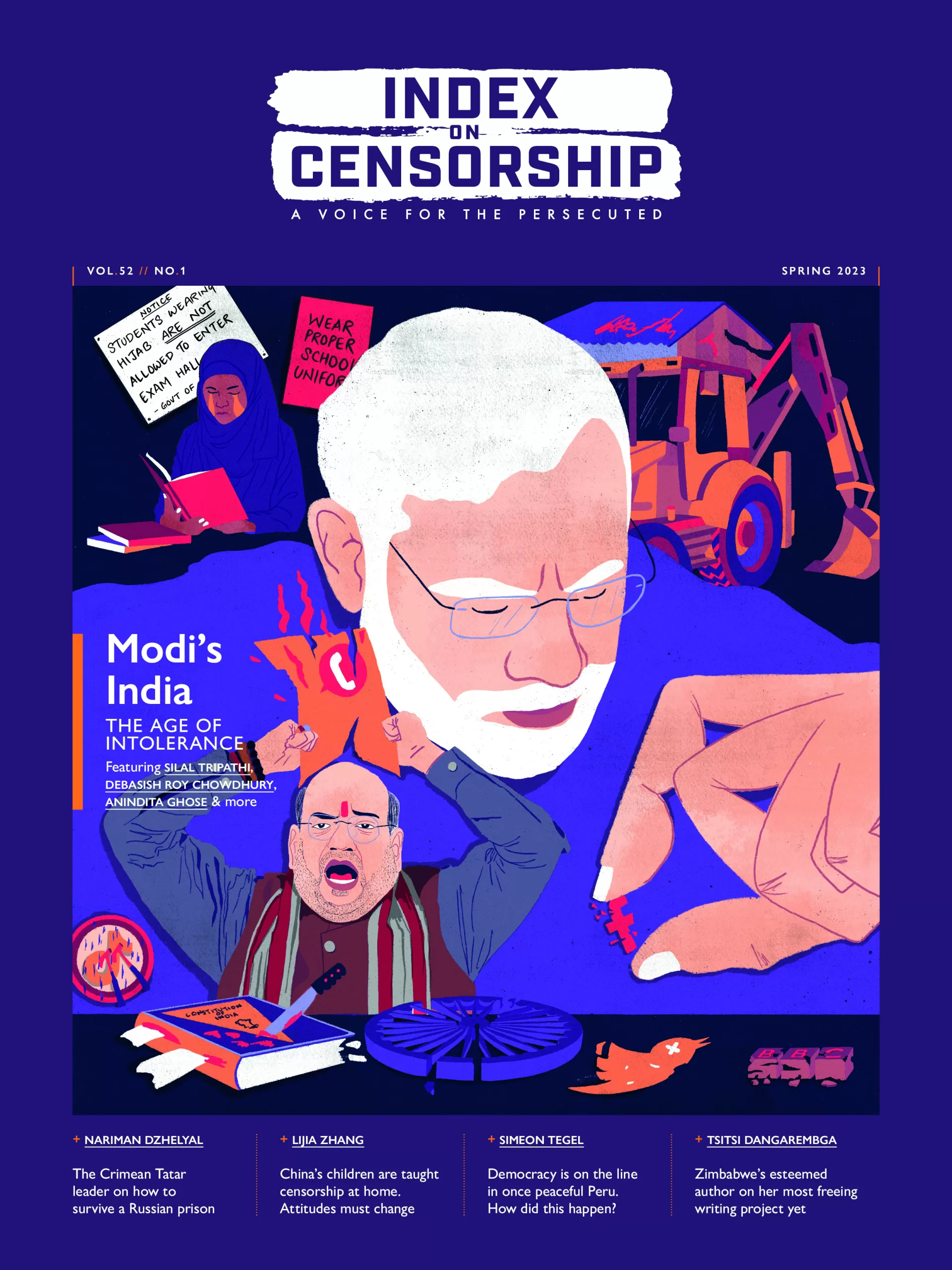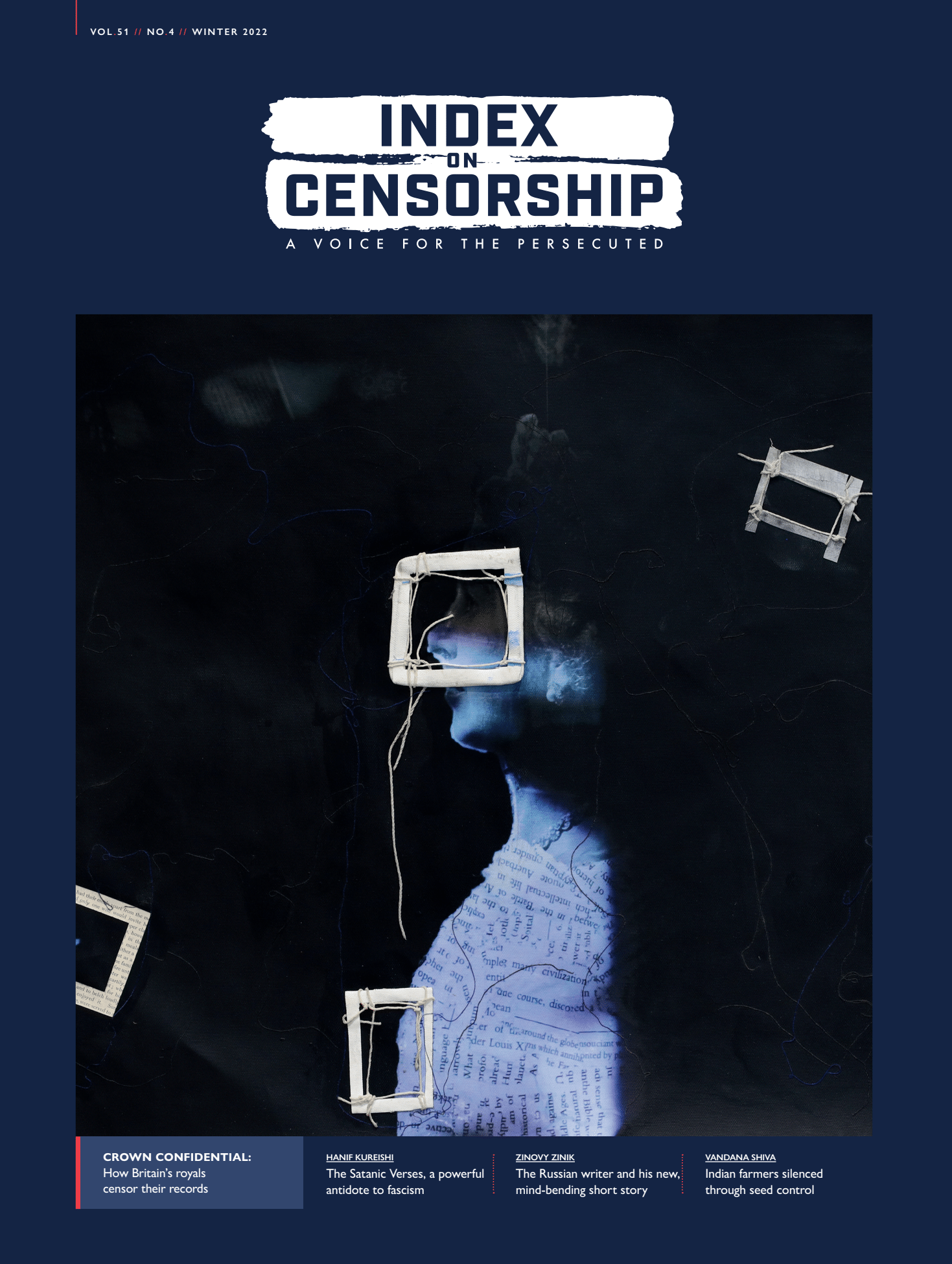It may be that the year 1968 will prove to have been a turning-point in the development of intellectual freedom. This may be true in spite of discouraging reports since then from Russia, Czechoslovakia, Greece, Spain, Portugal, Brazil, South Africa, and certain ‘new’ countries in Africa, which sometimes make it seem as though we were moving into a period of reaction and repression.
In suggesting that 1968 was a turning-point, I am not thinking of the sensational events of that year of protests, demonstrations, and barricades. More significant than these were several appeals from writers, scientists and scholars in Eastern Europe to colleagues in the West. Some of these were connected with trials like those of Daniel and Sinyavsky. They were appeals against injustice to a court of world opinion. Important as these were, they were by no means unprecedented. But there were also letters written by individual intellectuals and writers to colleagues abroad. This was perhaps a new development, which has more recently been taken up by writers in Greece and in South Africa. The Russian writers seemed to take it for granted that in spite of the ideological conditioning of the society in which they live, there is nevertheless an international community of scientists, writers and scholars thinking about the same problems and applying to them the same human values. These intellectuals regard certain guarantees of freedom as essential if they are to develop their ideas fruitfully. It is as though they take it for granted that freedom of intellect and imagination transcends the ‘bourgeois’ or ‘proletarian’ social context.
Freedom, for them, consists primarily of conditions which make exchange of ideas and truthfully recorded experiences of life possible. Surprisingly, it was sometimes very young people (precisely those whom one might have expected to be most brainwashed) who wrote in this spirit. For example, there was the letter (published in The Times of 17 January 1970) of Alexander Daniel, the eighteen-year-old son of the Soviet writer Yuli Daniel, to Graham Greene, in which the young man described the trial of his father, who had been sent to a labour camp. Alexander Daniel’s letter was a protest against procedures which would have seemed equally inhuman under” any law. It was above all written in the name of decency and morality bound to no ideology, and it was written on the assumption that people can talk across frontiers of dictatorship and democracy — East and West — and address one another as human beings; ask one another questions to which answers can be given, in which questioner and answerer are not addressing one another as communist and non-communist but simply as human beings. ‘What is it that I want of you Mr. Greene? I don’t know what you can do nor what you will want to do, neither do I know in general what can be done in this predicament.’ The answer to the appeal is already implicit in these uncertain questionings. That Mr. Greene should listen was the answer, and although there was nothing that he could do, to publish Alexander Daniel’s letter was already a form of action.
The simple point I would like to make is that at this moment, in many countries, there are writers and scholars interested in ideas, or in describing life exactly as they see it, who are sent to labour camps and prisons; or who are blackmailed by threats of what may happen to themselves or their families; or who are harassed by not being allowed to go abroad and meet like-minded people; or who are simply reduced to silence by various forms of censorship.
Essentially Alexander Daniel’s appeal is the same as that put out in the summer of 1968 by members of the Faculty, and by students, of Charles University, after the Russian invasion of Prague, which was published in Le Monde. This asked that those outside Czechoslovakia should concern themselves with the fate of their Czechoslovak colleagues, keep themselves informed, follow what was happening to them. The request conveys the idea that there are or there should be international values which are those of the university. For a moment, in the summer of 1968, Czechoslovak intellectuals seem to have been buoyed up by the hope that their academic colleagues would feel that what was happening to Charles University was also happening to Oxford and Cambridge and London, Paris and Harvard and Chicago. Indeed, qualitatively and quantitatively, it was happening to every university and in every place where there is a life of the intellect. For contemporary civilization, dependent on the minds of a few thousand people living all over the world, is a sum. And the subtraction of the numbers of those concerned with it in one country is a loss to the whole world, like the loss of some rare species, an asset to the whole world, in some particular place.
One writer — now packed away in a Russian Labour camp — did have a positive idea of the ways in which colleagues in the countries of comparative freedom could help those in the lands of censorship and repression. He wrote to an English writer asking him whether it might not be possible to form an organization in England of intellectuals who made it their business to publish information about what was happening to their censored, suppressed, and sometimes imprisoned colleagues. He insisted that such an organization should not concern itself only with writers in Russia and Eastern Europe but throughout the world. He thought that an attempt could also be made to obtain and publish censored works, together with the news about the writers of them.
The Times also published a letter from Pavel Litvinov, appealing directly and openly for the sustained concern of colleagues abroad. A few of us decided to answer this appeal, in a direct and personal way, by telegram. The text of this message is worth recording: ‘We, a group of friends representing no organization, support your statement, admire your courage, think of you and will help in any way possible.’ This was signed by Cecil Day-Lewis, Yehudi Menuhin, W.H. Auden, Henry Moore, Stephen Spender, A.J. Ayer, Bertrand Russell, Julian Huxley, Mary McCarthy, J.B. Priestley, Jacquetta Hawkes, Paul Scofield, Igor Stravinsky, Stuart Hampshire, Maurice Bowra and Sonia Orwell.
An organization called Writers and Scholars International has now been formed whose aims have much in common with the sentiments expressed in this telegram. WSI has a council, under the chairmanship of Lord Gardiner, whose members are David Astor, Louis Blom-Cooper, Victoria Brittain, Peter Calvocoressi, Edward Crankshaw, Stuart Hampshire, Elizabeth Longford, Roland Penrose, Peter Reddaway, Mrs. J. Edward Sieff, Stephen Spender and Zbynek Zeman, and the director, Michael Scammell. So far the tasks of this committee have been those of a working party assembled for the purpose of launching the organization.
The main activity of WSI will be to publish a journal called Index, edited by Michael Scammell, which will (to quote its stated aims) ‘record and analyse all forms of inroads into freedom of expression and examine the censorship situation in individual countries and in relation to various constitutions and legal codes. Examples of censored material (poetry, prose, articles) as well as the results of its findings will be published in the journal’.
Obviously there is the risk of a magazine of this kind becoming a bulletin of frustration. However, the material by writers which is censored in Eastern Europe, Greece, South Africa and other countries is among the most exciting that is being written today. Moreover, the question of censorship has become a matter of impassioned debate; and it is one which does not only concern totalitarian societies. There are problems of censorship in England, the United States, and France, for example. There is the question whether it is not right for certain works to be censored or at any rate limited to a defined readership. The problem of censorship is part of larger ones about the use and abuse of freedom.
The founders of WSI are well aware that there are other organisations doing parallel work with some of whom they are already cooperating. For example, there is Amnesty International, which, among other activities, conducts inquiries into abuses of the Declaration of Human Rights and international law, and which organizes legal aid for victims of political persecution; there is the PEN Club which has given much support to political exiles, and whose International Congresses provide models of free discussion between writers from all over the world, including those where there are dictatorships.
The role of WSI will be to study the situation of those who are silenced in their own countries and to make their circumstances known in the world community to which they spiritually belong. I think that doing this is not just an act of charity. It is a way of facilitating and extending an international consciousness* traversing political boundaries, which is already coming into being, though it is much hindered by dictatorships, censorship and acts of persecution. The world is moving in two directions: one is towards the narrowing of distances through travel, increasing interchange between scientists (who take a world view of problems such as the exploration of space, ecology, population): the other is towards the shutting down of frontiers, the ever more jealous surveillance by governments and police of individual freedom. The opposites are fear and openness; and in being concerned with the situation of those who are deprived of their freedoms one is taking the side of openness.
The writers and scholars whom one relies on to support WSI would obviously include those at universities. For the universities represent the developing international consciousness which depends so much on the free interchange of people, and of ideas. It is therefore right and normal and healthy that members of universities should be concerned with what happens wherever freedom of expression is attacked.
Naturally WSI’s role in this sphere cannot be all-embracing. As an educational trust its aim will be to study those manifestations of state or governmental power that seek to frustrate or suppress the right to free expression and to educate the public on the situation in the world today. But if I were to express the feelings that led me to support this venture and my motives for acting in this way I would put it somewhat as follows.
Our need today is for organs of consciousness that could help us to know and to care about other members of the same intellectual community, much as Christians once were vigilant for other Christians in times of religious persecution. The word ‘freedom’ is of course an abstraction, and people today are probably weary of it. The simple point I would like to make is that at this moment, in many countries, there are writers and scholars interested in ideas, or in describing life exactly as they see it, who are sent to labour camps and prisons; or who are blackmailed by threats of what may happen to themselves or their families; or who are harassed by not being allowed to go abroad and meet like-minded people; or who are simply reduced to silence by various forms of censorship. Each reader of this article might say to himself: ‘On the most elementary level of consideration, I might suffer similar deprivations; so I should alleviate their lot, which might easily be my own. More important, if a writer whose works are banned wishes to be published, and if I am in a position to help him to be published, then to refuse to give help is for me to support the censorship. If I complacently accept the idea that freedom is something that happens in some places and is prevented in others, I am implying that freedom is a matter of accident, or privilege, occurring — if I happen to have it — at the place where I live. This attitude to freedom really undermines it, for it is to support the views of those who hold freedom to be a luxury enjoyed by bourgeois individualists. Therefore if I consider myself not just in my role of lucky or unlucky person but as an instrument of consciousness, the writer or scholar deprived of freedom is also an instrument of consciousness, and through the prohibition imposed on him my freedom is also prohibited.’
The basis of the appeal made by Writers and Scholars International is that it is a beginning and that its foundation is itself in partial answer to an appeal: which is from those who are censored, banned or imprisoned to consider their case as our own.
A version of this article originally appeared in the Times Literary Supplement in October 1971.

